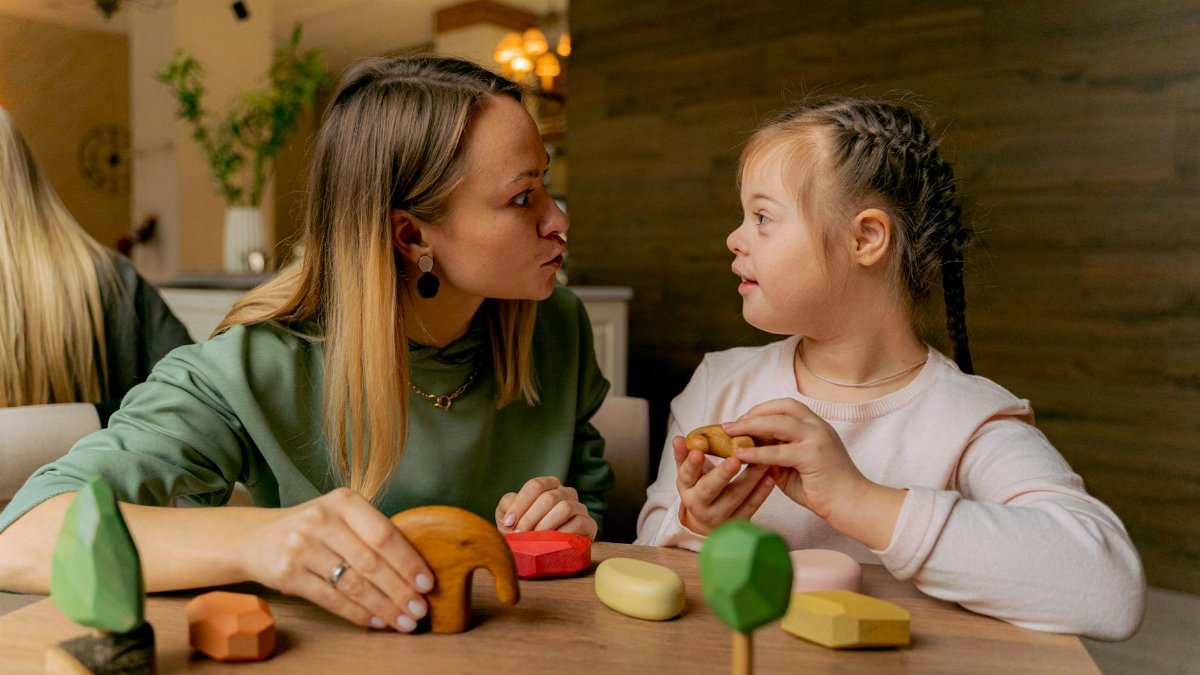Imagine a quiet evening at home, the kind where the hum of conversation usually fills the air, suddenly interrupted by a sharp, unexpected sting—a small betrayal. Maybe it’s a broken promise over something trivial, like forgetting a shared errand, or a careless comment that cuts deeper than intended. These moments, though minor in the grand scheme, can chip away at the foundation of even the strongest relationships. Across the U.S., countless couples, friends, and families grapple with these subtle fractures in 2025, searching for ways to mend what’s been strained. This is where the concept of rebuild trust rituals comes in—deliberate, meaningful practices designed to restore connection and heal small wounds. Far from empty gestures, these rituals offer a path back to understanding. What follows are 12 specific approaches to help navigate the aftermath of minor betrayals, each grounded in real human dynamics and practical wisdom.
1. The Apology Reset

A sincere apology remains the cornerstone of rebuilding trust, but it’s not just about saying “I’m sorry.” It’s about timing and tone. Picture a couple in a small apartment in Chicago, the tension still lingering after one forgot an important date. The key is to apologize swiftly—within hours, not days—according to research from the University of Michigan, which found that prompt apologies reduce resentment by 40% ( University of Michigan News ). Look the other person in the eye, acknowledge the specific hurt, and avoid excuses. This isn’t a performance; it’s a reset. Then, pause. Let the words settle. Often, the silence after an apology speaks louder than the words themselves, giving space for the other to process.
But don’t stop there. Follow up with a small, tangible act—like making their favorite coffee the next morning—to show the apology wasn’t just lip service. This pairing of words and action sets the tone for healing.
2. The Listening Hour

After a small betrayal, words can feel like weapons. So, why not prioritize listening instead? Set aside an uninterrupted hour to hear the other person out. No phones, no distractions—just presence. A study from the University of California, Berkeley, highlights that active listening increases feelings of being understood by nearly 50% ( UC Berkeley News ). Sit close, nod, and repeat back key points to show you’re truly absorbing their perspective. One woman shared anonymously online that after her partner forgot a shared commitment, this kind of focused listening felt like “a bandage on a raw wound.” It’s not about solving the issue right then; it’s about validating their feelings.
3. The Memory Anchor

Remind each other of better times. Pull out a photo from a trip or a memento from a shared milestone and place it somewhere visible. This isn’t nostalgia for its own sake—it’s a deliberate tether to trust. Research from Pew shows that shared positive memories can reinforce relational bonds by up to 30% during conflict ( Pew Research Center ). In a quiet moment, talk about that memory. Let it ground you both. A faded ticket stub or a silly souvenir can become a silent promise to return to that closeness.
Keep it light, though. This isn’t a guilt trip or a plea—it’s a subtle reminder of why the relationship matters, helping to soften the edges of a recent hurt.
4. The Small Promise Pact

Trust rebuilds through consistency, not grand gestures. Make a small, achievable promise—like texting when you’re running late—and stick to it. This pact, though minor, signals reliability. Data from the National Institute of Mental Health suggests that consistent small actions post-conflict can rebuild relational security over time ( NIMH ). Write it down if needed, maybe on a sticky note stuck to the fridge. Each kept promise is a brick in the wall of renewed trust.
5. The Shared Task Ritual

Doing something together, even mundane, can stitch back connection. Think cooking dinner or folding laundry side by side. The act itself isn’t the point; the teamwork is. Focus on the little interactions—passing a spatula, a quick laugh over a spilled ingredient. These micro-moments rebuild a sense of “us” after a rift. It’s less about words and more about shared space.
6. The Gratitude Exchange

Betrayals, even small ones, can cloud what’s good. Counter this by exchanging one specific thing you’re grateful for about each other. Say it out loud over breakfast or write it in a quick note. Be precise: not just “I appreciate you,” but “I’m thankful for how you always check in after a tough day.” This shifts the lens from fault to value, easing lingering tension.
Make it a habit for a week post-conflict. The repetition carves out room for positivity, slowly eroding the sting of the betrayal.
7. The Boundary Check-In

Sometimes, small betrayals stem from unspoken expectations. Sit down and clarify boundaries. Ask: What do we each need to feel safe? Maybe it’s a heads-up before plans change or no joking about certain topics. This isn’t a lecture—it’s a dialogue. Approach it with curiosity, not blame. Clear boundaries prevent future missteps, rebuilding trust through mutual clarity.
8. The Quiet Walk

Step outside together, no agenda, just a walk. Leave the heavy conversation behind. Let the rhythm of footsteps and the brush of fresh air ease the strain. Physical movement side by side, without the pressure to “fix” anything, can lower stress and foster reconnection. Notice the world around you—a barking dog, a chilly breeze—and let those small shared observations fill the silence. Sometimes, trust rebuilds in what’s unspoken.
9. The Forgiveness Gesture

Forgiveness isn’t just a feeling; it can be a physical act. Offer a small gesture—a hand on their shoulder, a quick hug—that signals you’re ready to move past the hurt. Pair it with a simple “Let’s let this go.” The tactile element reinforces the intent. But timing matters; don’t force it if the wound is still fresh. Wait for a moment of calm.
10. The Ritual of Repair

Create a unique ritual that belongs to your relationship, something to signal repair after conflict. It could be lighting a specific candle during a tough talk or playing a certain song while you hash things out. This becomes your shorthand for “we’re working on this.” Over time, the ritual itself—rooted in your shared history—becomes a bridge back to trust, a reminder of past reconciliations.
Keep it personal. The meaning comes from your story, not a generic playbook, making rebuild trust rituals feel authentic to your bond.
11. The Accountability Mirror

Own your role in the betrayal, even if it feels minor, and reflect it back to the other person. Say, “I see how my forgetfulness hurt you, and I’m working on being more mindful.” This isn’t groveling; it’s accountability. It shows you’re not dodging responsibility. Then, ask how you can make it right. The question alone often softens defenses, opening a path to repair.
12. The Patience Pledge

Trust doesn’t rebound overnight. Make a quiet pledge—spoken or internal—to give the process time. Remind yourself, and maybe the other person, that healing isn’t linear. Some days will feel lighter, others heavier. Commit to showing up regardless. This patience, though invisible, is a ritual in itself, a steady undercurrent that supports all other rebuild trust rituals. In a world that often demands instant fixes, this slow dedication stands out.
Think of a couple in a suburban park, walking laps around a pond, not quite back to normal but not giving up either. That persistence, that quiet pledge, often makes the difference. Small betrayals don’t have to define a relationship—they can, with effort, become turning points toward something stronger.
Natasha is the heart of our exploration into conscious connection. Applying principles from multiple counseling courses in her own life, she guides you to cultivate stronger, more joyful bonds.
Disclaimer
The content on this post is for informational purposes only. It is not intended as a substitute for professional health or financial advice. Always seek the guidance of a qualified professional with any questions you may have regarding your health or finances. All information is provided by FulfilledHumans.com (a brand of EgoEase LLC) and is not guaranteed to be complete, accurate, or reliable.
